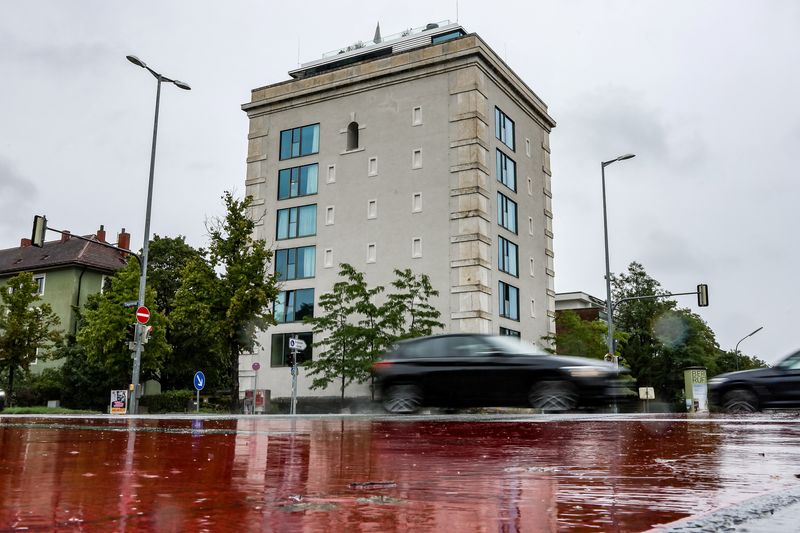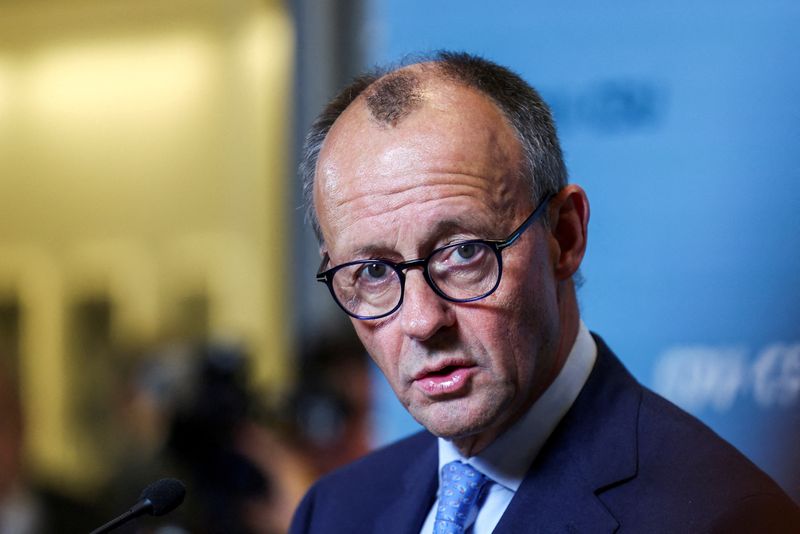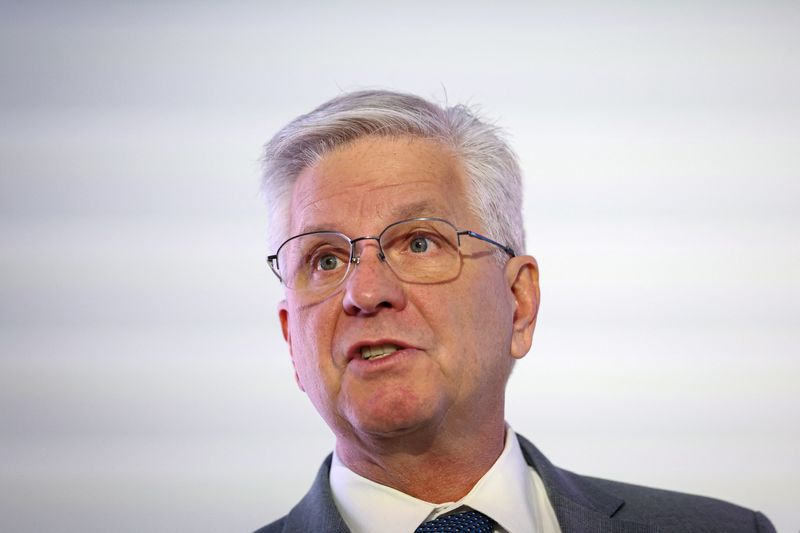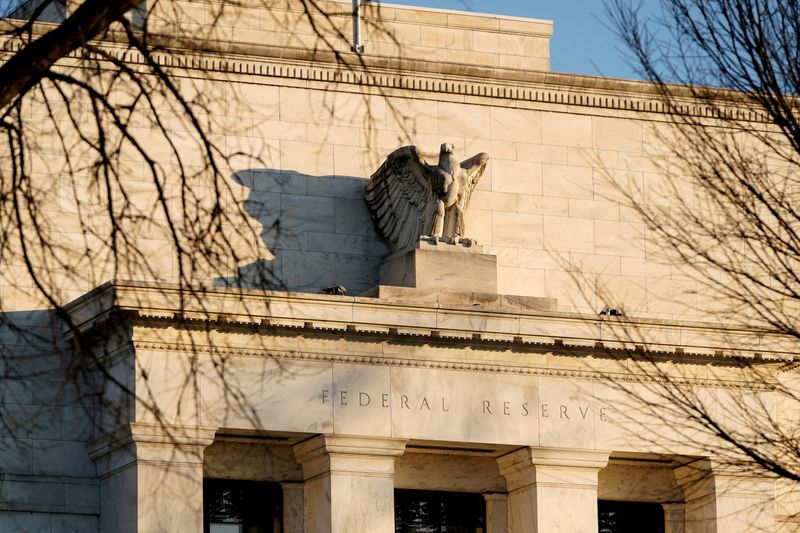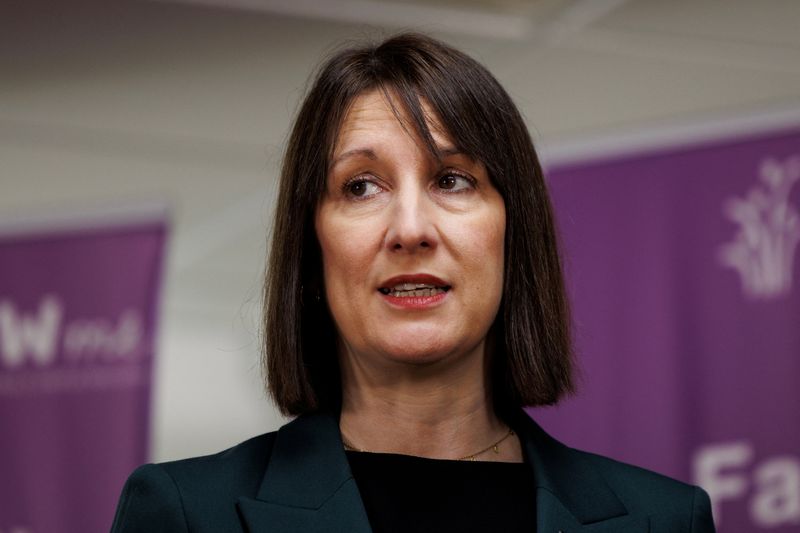By Anna Tong and Akash Sriram
(Reuters) -OpenAI CEO Sam Altman has joined a growing list of former tech leaders taking roles in San Francisco’s government following this month’s election.
San Francisco Mayor-elect Daniel Lurie named Altman, the head of the artificial-intelligence company behind ChatGPT, as one of seven co-chairs of his transition team, the campaign announced on Monday. The tech industry concentrated in Silicon Valley, south of San Francisco, has increasingly moved into the city itself, creating tensions in a place once synonymous with hippies and counterculture.
At the same time, San Francisco’s sluggish post-pandemic economic recovery and visible struggles with drugs and homelessness have fueled a shift towards centrist Democratic politics, driven by both disgruntled citizens and affluent tech executive donors.
Some Silicon Valley investors have backed Republican President-elect Donald Trump.
In San Francisco’s election, WhatsApp co-founder and former CEO Jan Koum supported Lurie. Two former software entrepreneurs, Bilal Mahmood and Danny Sauter, were elected to the city’s board of supervisors.
Lurie, a philanthropist and heir to the Levi Strauss (NYSE:LEVI) fortune, will succeed London Breed, the city’s first Black female mayor, who has led the city since 2018.
Upon taking office on Jan. 8, Lurie, who has no experience at City Hall, will face the challenge of resolving San Francisco’s public safety crisis, a pressing issue that has driven numerous tech leaders to relocate from the Bay Area.
Other tech executives embraced the chance to focus their industry’s skills on San Francisco’s problems.
“I’m excited to help the city I love, and where OpenAI was started,” Altman said in a statement.
In an interview with Reuters, Mahmood said former business executives are experts in prioritization and metrics-driven governance, which can help the city “return to the basics”.
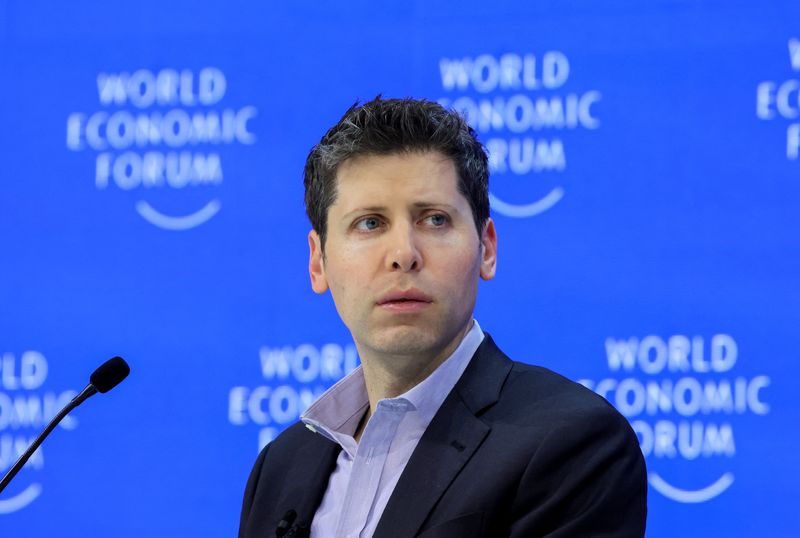
“Democrats have been too focused on ideological battles rather than quality-of-life issues,” he said.
Mahmood added that many of San Francisco’s problems stem from its inefficient technical infrastructure, leading to delays in hiring and housing approvals, areas where tech executives are well-positioned to contribute.


